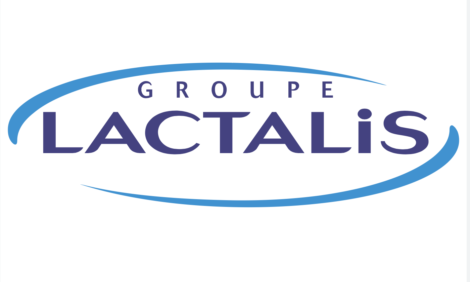



Potential For Dairy Calves to Bolster Organic Beef
DENMARK – Aarhus University researchers are running organic bull calf pilots as a way of learning about the ‘untapped’ production potential of bull calves from the dairy sector.Currently, Danish sales of organic produce, including dairy foods, are increasing steadily. However, there is a shortage of organic beef on the Danish market.
This is due to a focus on dairy farming which is not seeing dairy bull calves utilised for organic beef.
However, this could be set to change, according to a team of researchers led by Mogens Vestergaard of the Department of Animal Science at Aarhus University.
“I believe there is an untapped production potential,” said Mr Vestergaard, on the subject of using bull calves from the dairy industry for meat production. “Most farmers may prefer steers over bulls for meat production because bulls can be a handful and need more attention.”
Mr Vestergaard is currently part-way through a two year study looking at how different cattle fatten on an organic system. His team is monitoring 15 Danish Holstein bull calves, 15 typical beef calves (as control) and 15 heifers crossed for beef.
So far, the bull calves have been outperforming the heifers, posting good weight gains.
“The bulls have hit a kilo per day weight gain and the heifers are managing 900 grams,” added Mr Vestergaard. “The animals are healthy and full of vigour, we think this is due to heterosis which comes from being cross-bred.”
A superior weight gain of bulls over heifers must be reason for farmers to adopt crossing policies on beef units, according to Mr Vestergaard.
But, he has stipulated certain things need to be in place for the system to work.
“The farm must have suitable forage and then the markets need to be supplied regularly,” he added. “This means beef farmers buying bull calves continuously from dairy farmers and dairy farmers investing in crossing beef and dairy cattle.”
A final test lies ahead for the project. The quality of beef will be analysed for taste, tenderness and fatty acid composition.
The project is expected to conclude in September, the provisional slaughter date.
Michael Priestley
News Team - Editor
Mainly production and market stories on ruminants sector. Works closely with sustainability consultants at FAI Farms



